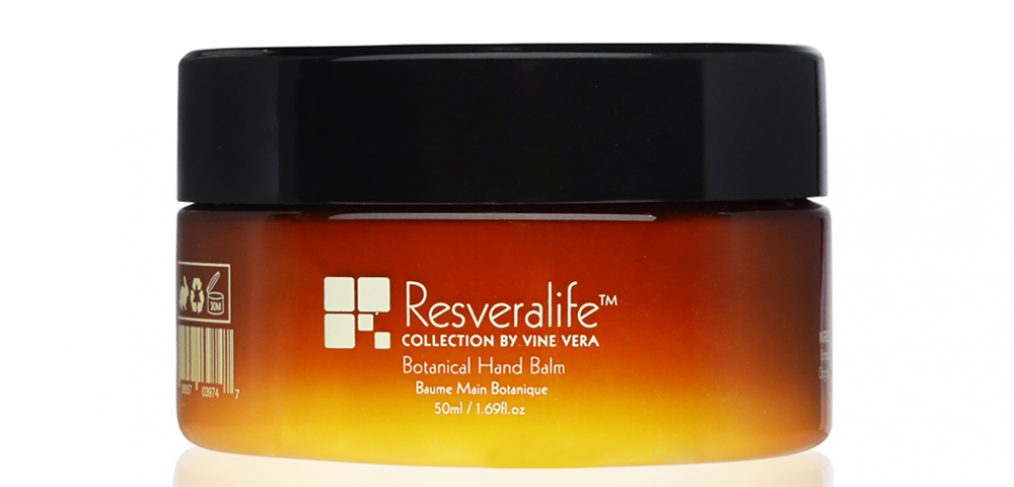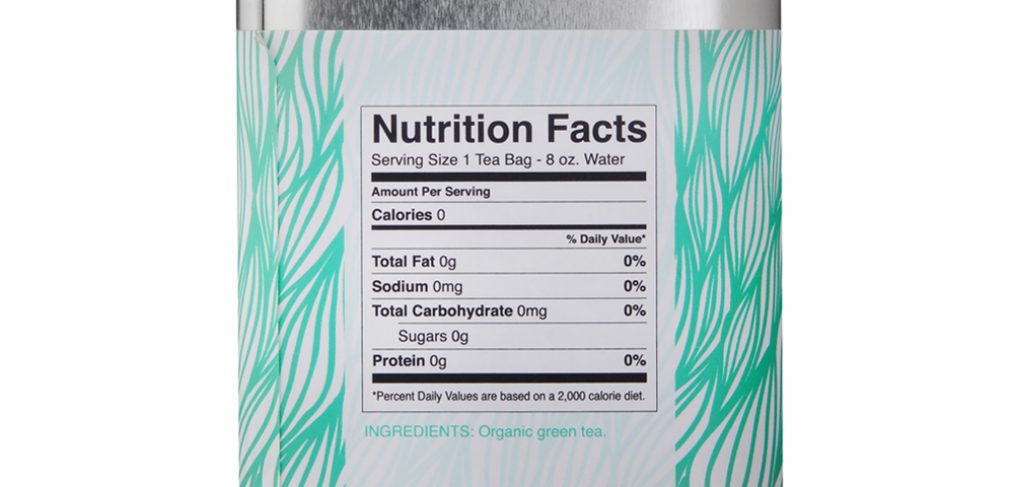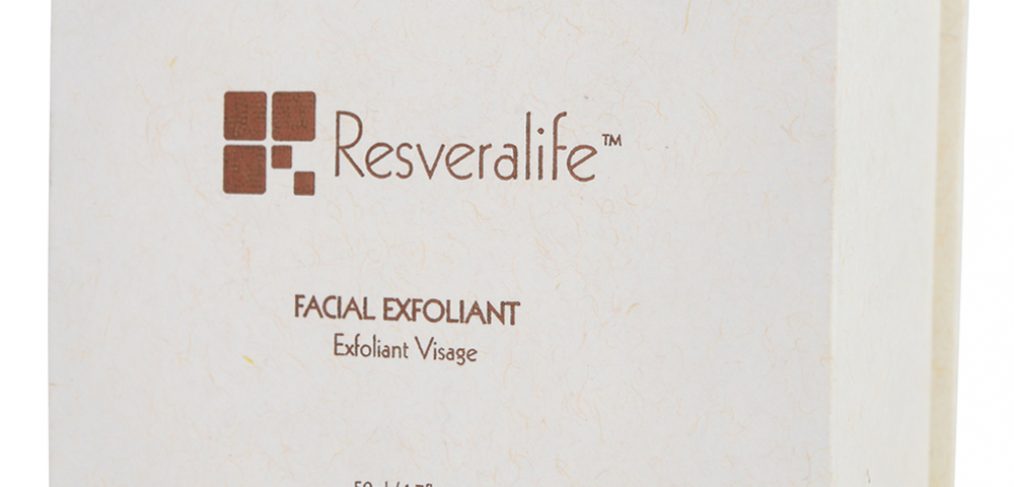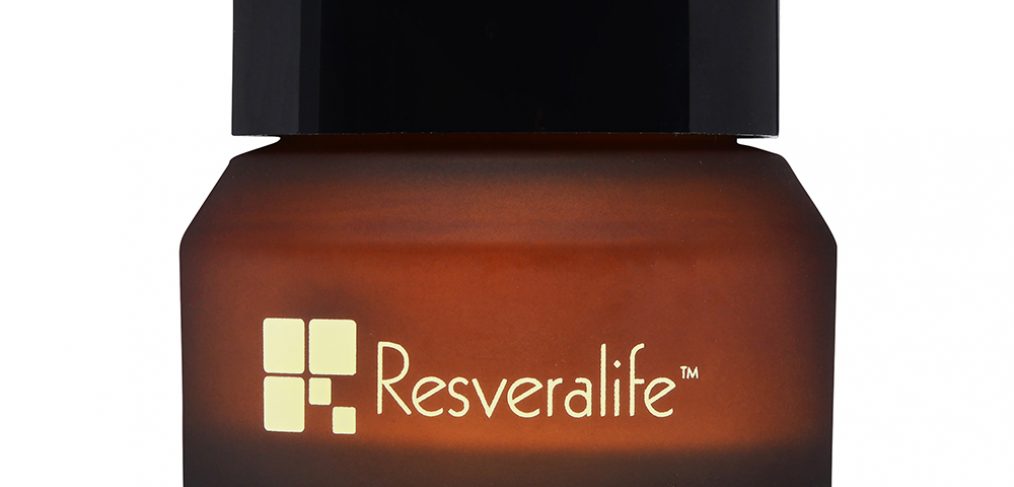Do I need a moisturizer if I have oily skin?
You need to apply moisturizers irrespective of your type of skin. However, the type of moisturizer that you use needs to be different. As funny as it might sound, dehydrating the skin will only lead to an increased production of oil. Look for water based moisturizers and try to stay away from the oil based ones. Ideally, you should choose a moisturizer that also offers you with broad spectrum sunscreen with SPF 30.
Why do I need different moisturizers during the day and night?
The main goal of moisturizers is of course, to moisturize your skin. But moisturizers have come a long way since they were created and many now offer a wide range of benefits including protecting your skin from environmental stressors, providing sun protection and offering anti-aging benefits. The daytime requires you to concentrate on protecting your skin from the harmful UV rays of the sun without compromising on moisturizing your skin. Therefore, you need a moisturizer that offers you the broad spectrum sun protection of SPF 30. Because it is strongly advised that SPF be worn all day, a day time moisturizer containing sunscreen is a great choice. It will protect you skin from the harmful rays of the sun while making your morning routine easier.
On the other hand, the nighttime is the time to treat your body and allow it to repair itself. This is the time when ingredients penetrate the most into your skin without the risk of being damaged by environmental factors. You need to use moisture locking cream at night to give your skin extra protection. Night cream is also a great time to use moisturizers which offer other benefits like anti-aging and skin lightening. Not only may some of these moisturizers make your skin more sensitive to the sun, but they are more effective during our body’s repair cycle, making them best suited for night use.
What are the main differences between chemical and physical sunblocks?
Chemical sunblocks contain ingredients that absorb the harmful UV rays of the sun. This process usually takes place in the skin where the chemical sunblock interacts with the harmful rays of the sun and transforms them into heat. On the other hand, a physical sunblock acts as a shield that prevents the UV rays from penetrating your skin. The sunscreen is the most common example of a chemical sunblock whereas your sunglasses are the most common examples of a physical sunblock. There are also sunscreens which act as physical sunblocks because their active ingredients sit on top of skin and do not allow sun’s rays to penetrate.









